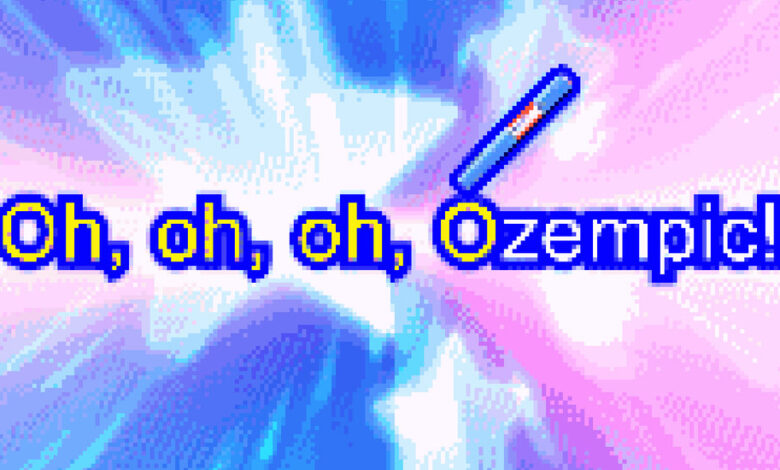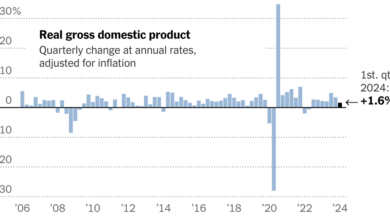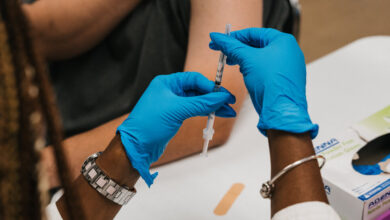How Ozempic Turned a 1970s Hit Into an Inescapable Jingle

Licensing a song for a commercial may be seen by some as antithetical to the countercultural spirit of rock ’n’ roll. “There have always been protectors of the flame who, when certain songs get used in certain moments, aggressively clutch their pearls,” Werde said. “But there’s very little evidence that this has ever harmed any artist.” He pointed to the Beatles licensing their utopian “All You Need Is Love” to Luvs diapers in 2007 as perhaps the most egregious example of an advertiser co-opting a song’s original meaning. “But no one really cared. It was Ob-la-di. Life goes on.”
Simon Allaway, 52, an Ozempic user and Chicago-based computer programmer and musician, loves the “Magic” spot. “I can’t help but sing along to it,” he said. “It’s a perfect fit with the product.” Another user wrote in a message-board post that whenever she injects herself, her father sings “Oh, oh, oh, Ozempic.”
“Magic” has been leased plenty of times before, for a Coca-Cola commercial — “I actually sang ‘Coke, Coke, Coke, it’s Magic’ back in the ’70s,” Paton recalled — for the 2005 Disney film “Herbie: Fully Loaded” and as the musical bed for Flo Rida’s 2009 single, also called “Magic,” to name a few. “People always want to use the song in some way or the other,” Paton said.
Asked if he was bothered by his song’s association with what turned out to be a lightning-rod product, he smiled and shook his head. “I was delighted! I’m a songwriter. I want to sell my music. A lot of people don’t know the name Pilot, but they know the Ozempic song.”
For musicians, the success of the Ozempic commercial could be a harbinger of big checks to come. Pharmaceutical companies have seemingly unlimited budgets to promote their wares: according to the media analytics firm Guideline, pharma surpassed tech and auto in 2023 to become the second largest industry for ad spending, behind only consumer packaged goods.
Already, Lady Gaga is a spokesperson for Pfizer’s migraine medication Nurtec ODT; Cyndi Lauper lends her distinct Brooklyn accent to a commercial for Cosentyx, which treats plaque psoriasis; John Legend and Charlie Puth pitch Pfizer’s Covid vaccine and boosters. The Jackson 5’s “ABC” propels ads for Trelegy (used to treat chronic obstructive pulmonary disease), while commercials for the heart drug Entresto are soundtracked by Sonny & Cher’s “The Beat Goes On.”
But those spots haven’t embedded themselves into pop culture the way “Oh, oh, oh, Ozempic” has.
“In contemporary advertising, campaigns tend to have pretty short shelf lives,” CultHealth’s Rothstein said. “Two, three years, tops. Yet ‘Oh, oh, oh, Ozempic’ continues to endure. You can do all the market research in the world, and never end up with something like this.”



